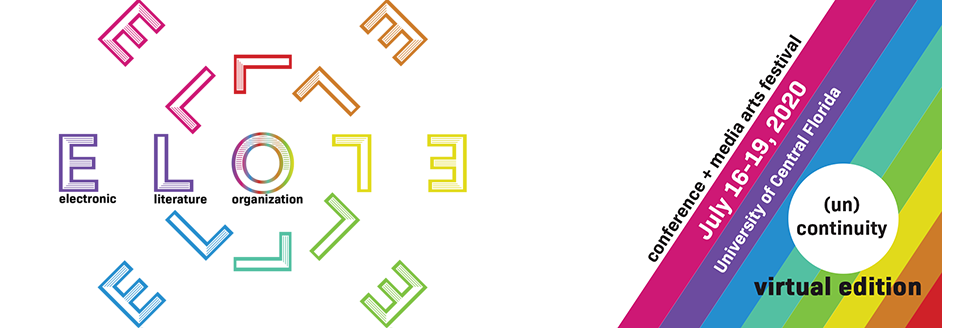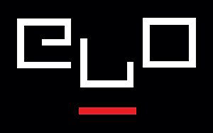Proposal Title
Submission Type
Conference Talk - Individual
Start Date
13-7-2020 11:30 AM
End Date
13-7-2020 12:30 PM
Abstract
It might seem that games can address almost any topic. There are versions of Monopoly and Tetris that, alone, seem to address subjects ranging from pop music, bass fishing, and sex to mass murder, slavery, and predatory real estate development. Yet for all but the last of these, the actual play of these games is at odds with the intended theme.
So what topics can games meaningfully address? One powerful way that games can address topics is by having playable models that resonate with their intended themes. Monopoly is actually an example of such a game, with a playable model of real estate development ripped off from a game intended as a critique of capitalism’s approach to resources. So is the less philosophical DOOM, with playable models of combat and space that match its “death travelogue” theme.
The foundation of any playable model is a set of operational logics, which combine communication and computation with opportunities for play. (Monopoly’s real estate model includes resource, pattern matching, and chance logics.) Video games depend on a relatively small vocabulary of such logics. This restricts the playable models available, which is a challenge faced by those seeking to meaningfully address personal, cultural, and political topics through games.
One conspicuous counter-example, however, is the linking logic. The communicative role of the hypertext link is flexible enough that it can be used to address a wide range of topics. Yet the very flexibility of linking logics pushes the burden of systemic use onto game developers, which itself produces limits. Greater connection between video game research and hypertext research communities could be a path to address this.
Games, Hypertext, and Meaning
It might seem that games can address almost any topic. There are versions of Monopoly and Tetris that, alone, seem to address subjects ranging from pop music, bass fishing, and sex to mass murder, slavery, and predatory real estate development. Yet for all but the last of these, the actual play of these games is at odds with the intended theme.
So what topics can games meaningfully address? One powerful way that games can address topics is by having playable models that resonate with their intended themes. Monopoly is actually an example of such a game, with a playable model of real estate development ripped off from a game intended as a critique of capitalism’s approach to resources. So is the less philosophical DOOM, with playable models of combat and space that match its “death travelogue” theme.
The foundation of any playable model is a set of operational logics, which combine communication and computation with opportunities for play. (Monopoly’s real estate model includes resource, pattern matching, and chance logics.) Video games depend on a relatively small vocabulary of such logics. This restricts the playable models available, which is a challenge faced by those seeking to meaningfully address personal, cultural, and political topics through games.
One conspicuous counter-example, however, is the linking logic. The communicative role of the hypertext link is flexible enough that it can be used to address a wide range of topics. Yet the very flexibility of linking logics pushes the burden of systemic use onto game developers, which itself produces limits. Greater connection between video game research and hypertext research communities could be a path to address this.





Bio
Noah Wardrip-Fruin is a Professor of Computational Media at the University of California, Santa Cruz. He co-directs the Expressive Intelligence Studio, a technical and cultural research group, with Michael Mateas. Noah has authored or co-edited five books on games and digital media for the MIT Press, including The New Media Reader (2003), a book influential in the development of interdisciplinary digital media curricula. His most recent book is Expressive Processing: Digital Fictions, Computer Games, and Software Studies (2009) and his next book, How Pac-Man Eats, will be published later this year. Noah's collaborative literary playable media projects, including Screen and Prom Week, have been presented by museums (e.g., Whitney Museum of American Art), festivals (e.g., IndieCade), and other venues ranging from art galleries to academic conferences. Noah holds both a PhD (2006) and an MFA (2003) from Brown University, an MA (2000) from the Gallatin School at New York University, and a BA (1994) from the Johnston Center at the University of Redlands.